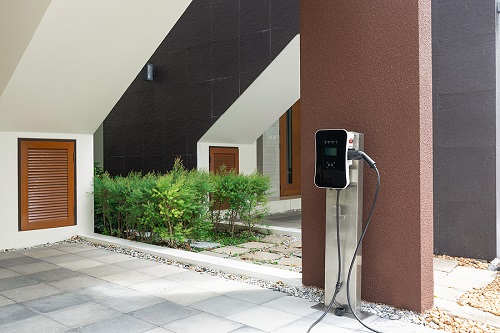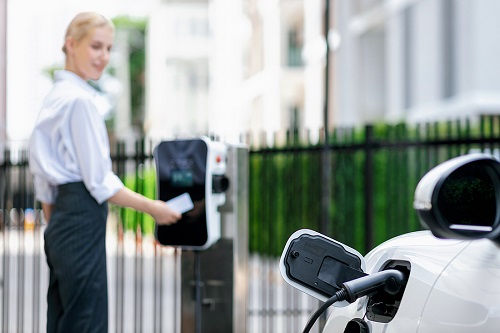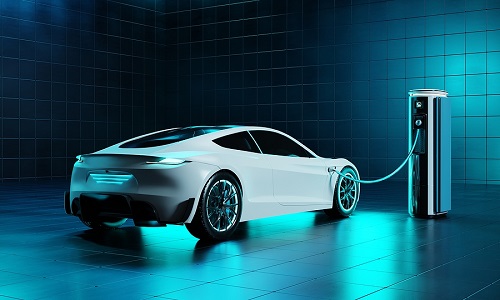Most drivers will say that the reason they have changed to an electric car (or are thinking of making the switch) is because of the cost of ‘filling up’. So how much does it cost to charge your EV?
The electric vehicle (EV) sales surge continues with little sign of going flat any time soon. Figures released earlier this year showed that EV production in the UK alone reached record levels, just as general car production fell. Almost a third of all cars built were electric or hybrid, according to industry body the Society of Motor Manufacturers and Traders (SMMT).
You can see why there’s so much interest in EVs, and it’s not all about cost either. Reduced fuel bills are certainly among the considerations for potential buyers, but there are other reasons too: lower emissions, attractive road tax, quietness, power, speed, technology and high-end options and equipment are all in there too.
But buying an electric car in the first place is not a cheap option – they are generally more expensive than their petrol or diesel cousins and purchasing one is all about what it will cost in the long run and ‘clawing the initial outlay back’ over a number of years.
And much of that clawing back will be in terms of fuel cost savings. Filling up an EV is considerably cheaper than re-fuelling an ICE (internal combustion engined) car and that’s an attractive prospect for almost all drivers.
So how much does it cost to charge an electric car?
It’s not especially straightforward and it depends on where you are doing the charging, who is supplying the power and how quickly you need to get it.
Home charging

Most EV owners will want to charge their car at home. Recent industry estimates say 80% of electric car charging takes place at the domestic property. It’s certainly the most convenient way to do it and should work out the cheapest too.
Energy prices have risen sharply recently but taking a benchmark 34 pence per kWh for a house, leaving your car ‘trickle charging’ overnight is a very cost effective way of topping up. It depends on your car’s battery size and domestic electricity costs but, taking a car with a 60kWh battery and charging it at 34 pence per kWh (60 x 34) would cost you £20.40 for the full charge. And that will give at least 200 miles range.
You can charge your car using a domestic three pin socket but it’s much faster to use a home charger – they cost around £800, bought and installed.
Public charging

Using a public charger is more expensive because the supplier has to pay for the upkeep of the charge point equipment and is also providing what can be a valuable service if you are on the open road and in need of an urgent charge for your car.
As you are out and about already it’s unlikely your car’s battery is completely flat and you might just need a ‘top up’ to keep you going to your destination. Charges for this power vary greatly depending on the supplier and the charger’s location. Chargers come with different power ratings: slow, fast and rapid and these are differently priced too.
Slow chargers are the ones you might find at the roadside in town centres for example. They can cost around £5 for 30 minutes of charge – enough time for you to do a bit of shopping or visit a coffee bar.
Fast and rapid chargers come at a premium because they offer more power for the time you’re charging. They will cost in the region of £10-£15 for 30 minutes charging. The supplier BP Pulse, for example, charges 57 pence per kWh on its slower (7-8 hour) charge points and 67 pence for the faster units (80% recharged in one hour). Signing up for membership brings with it healthy savings.
That 57 pence rate on a 60kWh car would work out at £34.20 for a full charge – but you’re unlikely to be parked up there for seven hours so the actual cost of your visit would be less.

As technology improves and the number of EVs on Britain's roads increases, electric car charging will become even simpler and more straightforward. For now, certainly the best way to keep your car topped up is with a home charger.
